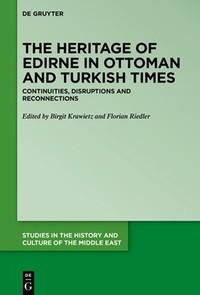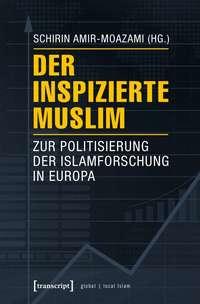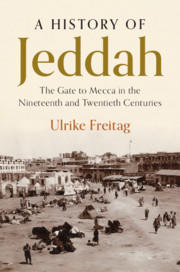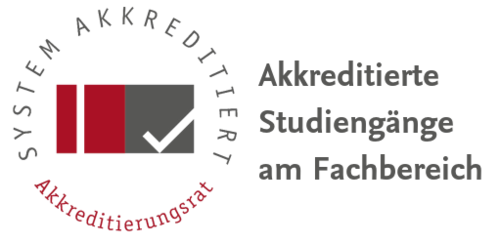Publikationen
Auswahl aktueller Publikationen unserer Wissenschaftler*innen:
Legitimating Sultanic Rule in Arabic, Turkish and Persian - Late Mamluk Rulers as Authors of Religious Poetry (Christian Mauder)
in Rulers as Authors in the Islamic World (2024)
Using Visual Didactics to Teach Quranic Arabic in a Multilingual Context: ʿAbd al-Bāsiṭ al-Malaṭī’s al-Zahr al-maqṭūf fī makhārij al-ḥurūf (Christian Mauder)
in: Teachers and Students, Reflections on Learning in Near and Middle Eastern Cultures (2024) (brill.com)
The Potentials and Limits of Going Global (Florian Zemmin, open access)
Islam’s Social Contingency and Absolute Truth in Arabic Sociologies of Religion
in Interdisciplinary Journal for Religion and Transformation in Contemporary Society
A History of Jeddah: The Gate to Mecca in the Nineteenth and Twentieth Centuries (Prof. Dr. Ulrike Freitag)
Known as the 'Gate to Mecca' or 'Bride of the Red Sea', Jeddah has been a gateway for pilgrims travelling to Mecca and Medina and a station for international trade routes between the Indian Ocean and the Mediterranean for centuries. Seen from the perspective of its diverse population, this first biography of Jeddah traces the city's urban history and cosmopolitanism from the late Ottoman period to its present-day claim to multiculturalism, within the conservative environment of the Arabian Peninsula. Contextualising Jeddah with developments in the wider Muslim world, Ulrike Freitag investigates how different groups of migrants interacted in a changing urban space and how their economic activities influenced the political framework of the city. Richly illustrated, this study reveals how the transformation of Jeddah's urban space, population and politics has been indicative of changes in the wider Arab and Red Sea region, re-evaluating its place in the Middle East at a time when both its cosmopolitan practices and old city are changing dramatically against a backdrop of modernisation and Saudi nation-building.

The Heritage of Edirne in Ottoman and Turkish Times (Prof. Birgit Krawietz, Dr. Florian Riedler eds.)
Modern scholarship has not given Edirne the attention it deserves regarding its significance as one of the capitals of the Ottoman Empire. This edited volume offers a reinterpretation of Edirne’s history from Early Ottoman times to recent periods of the Turkish Republic. Presently, disconnections and discontinuities introduced by the transition from empire to nation state still characterize the image of the city and the historiography about it.
In contrast, this volume examines how the city engages in the forming, deflecting and creative appropriation of its heritage, a process that has turned Edirne into a UNESCO heritage hotspot. A closer historical analysis demonstrates the dissonances and contradictions that these different interpretations and uses of heritage produce. From the beginning, Edirne was shaped by its connectivity and relationality to other places, above all to Istanbul.
This perspective is employed at many different levels, e.g., with regard to its population, institutions, architecture, infrastructures and popular culture, but also regarding the imaginations Edirne triggered. In sum, this multi-disciplinary volume boosts urban history beyond Istanbul and offers new insight into Ottoman and Turkish connectivities from the vantage point of certain key moments of Edirne’s history.

Der inspizierte Muslim (Schirin Amir-Moazami)
Zur Politisierung der Islamforschung in Europa
Muslime in Europa stehen im Fokus. Sie werden beäugt, beforscht und vermessen. Von diesem geballten öffentlichen und politischen Interesse ist auch die akademische Forschung nicht ausgenommen. Der Band hält hier inne und fragt: Wer wird auf welche Weise als Muslim in den Blick genommen? Von wem und warum? Welche Fragen sind prägend und welche erkenntnistheoretischen und normativen Annahmen liegen ihnen zugrunde?
Die Beiträge des Bandes beleuchten (selbst-)kritisch die Zusammenhänge von akademischem Wissen und politischem Eingriff. Denn nicht ein Mehr an Wissen über Muslime führt zu einer wirksamen Kritik an ihrer vermehrten Diskursivierung, sondern eine kritische Reflexion über die Voraussetzungen der Wissensproduktion.



